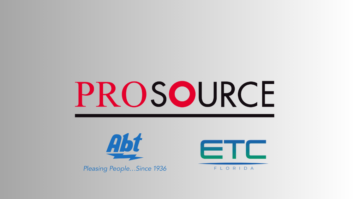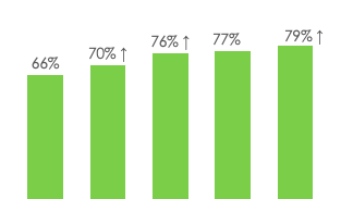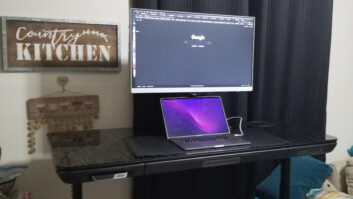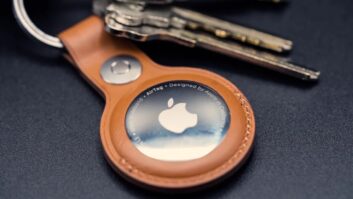Washington
– The U.S. Supreme Court Monday refused to consider a legal challenge by
Hollywood Studios and television networks to Cablevision System’s DVR that
stores content at the cable head end instead of on a hard drive in a set-top
box in the home.
The ruling clears the way for the cable operator to offer the new
service this year.
Networks and studios had argued that the remote-storage DVR
system violated federal copyright laws because it would illegally copy their
programs without a license.
The content parties won the decision of a New York federal trial judge in 2007, but
that ruling was overturned last summer by the 2nd U.S. Circuit Court of
Appeals.
Cablevision advocated
the remote storage system, saying it would lower operational costs for DVR
services.
Cablevision representatives celebrated the outcome Monday, but
added that the company is aware of the implications of commercial skipping
enabled by the technology that has bothered the content community and will seek
to work with programmers going forward.
Companies that had joined forces to sue Cablevision included:
GE/NBC, CBS, Walt Disney/ABC and News Corp./20th Century Fox.
Advocates of home-recording rights celebrated the court’s
decision Monday.
“The ability to record television programming has become
commonplace to millions of Americans, which has benefited consumers and allowed
the consumer technology and content industries to contribute billions of
dollars to our economy and create millions of jobs,” said Gary Shapiro, Consumer Electronic Association (CEA) president
and CEO. “From a common-sense standpoint, the court’s decision was a slam-dunk.
The court has already ruled that consumers have the right to time-shift
television shows. Whether the bits reside in a box under your TV or a box in
the cable field office is not relevant.”
“In addition, remote computing and data storage, like that
allowed by the remote DVR, offers extraordinary benefits,” Shapiro continued. “Indeed,
Americans already enjoy this technology through services like Google
applications and Mac. An adverse ruling would have hamstrung this exciting new
area of innovation.”
Gigi B. Sohn,
consumer interest group Public
Knowledge president and co-founder, said, “From a
common-sense point of view, the lower court, and the U.S. Solicitor General,
were correct in their interpretation of the copyright law that a recording is a
recording, whether done on a set-top box or at the cable head-end, as
Cablevision’s proposed service allows.
By following the recommendation of the Solicitor General by not taking
the case, the Supreme Court has struck a blow for the rights of consumers and
for innovation.
“Consumers will benefit from lower
costs and more recording options, while cable companies will see greater
efficiencies in their operations,” she added.












